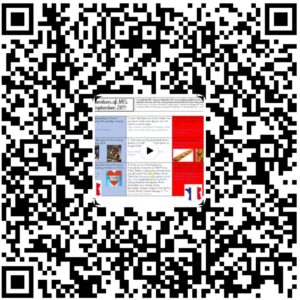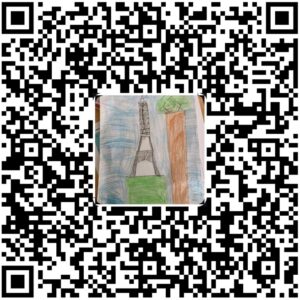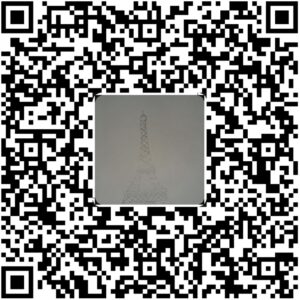At Beech Hill School we believe that the learning of a language provides a valuable educational, social and cultural experience for our pupils. The core language taught at Beech Hill Primary School in key stage 2 is French.
It is the intention that all children in key stage 2 will access quality first teaching of French to prepare them for their future language learning in key stage 3. We believe that it is essential for our key stage 2 pupils to develop an interest in learning another language that is enjoyable and stimulating, as well as developing their confidence and creativity. As a school we strongly feel that learning another language gives children a new and broader perspective on the world, encouraging them to understand their own cultures and those of others, which feeds into our focus on developing cultural capital throughout the school. Children are encouraged to increase their knowledge of how language works and to explore differences and similarities between the new language and English or another language, especially as many children in our school speak more than one language. Pupils work individually, in pairs, small groups and in whole class situations. Work is mainly oral but an increasing number of reading and writing tasks are included as pupils enter upper key stage 2.
How our French curriculum is constructed
For years 3 – 6, we follow the National Curriculum as defined by the Department for Education. The French curriculum is underpinned by the need for our children to understand and respond to spoken and written language and to be able to speak with increasing confidence, fluency and spontaneity.
French is taught in Years 3-6 through the Rising Stars ‘Eurostars’ scheme of work, which consists of four stages, each with six units of work. The programme is designed to be taught progressively, so where a unit was not completed in the previous academic year, it should be taught before moving on to the next stage. The long term plan sets out that Stage 1 will be taught in year 3 and so on. However, teachers this year will respond to the needs of their cohort and ensure they have prior learning to build on. The use of year group ‘must knows’ supports the recapping of knowledge and regular consolidation tasks are included in lessons to support children with retention. Our skills progression document clearly states what should be taught throughout each stage and the topics provide the vehicle for doing this.
Long Term Planning
Long Term Planning – French Phonics
French Must Knows
Below, is an example of the Must Knows that we provide for each year group. These Must Knows are designed to be used at home by parents as part of revision, in school to supplement work in lessons, and to recap previous learning. We want every pupil to be able to recall the key vocabulary given on the sheets. These are carefully structured, so that the vocabulary is sequenced and built upon over time. We are confident that these Must Knows will help our children to develop and retain key vocabulary to be able to use in conversation, from the wide range of topics covered in French lessons.
Cultural Capital in French
‘It is the essential knowledge that pupils need to be educated citizens, introducing them to the best that has been thought and said and helping to engender an appreciation of human creativity and achievement.’
Ofsted School Inspection Handbook 2019
French is a topic that lends itself to developing cultural capital. We aim to provide at least one quality whole-school activity where the children can gain a wider context to their study. This will allow the children to apply their knowledge to a more ‘concrete’ experience and bring their learning to life. We hope to be able to organise a French Café, that can be ran by different year groups, where the children have the opportunity to purchase items using the French vocabulary they have learnt.
We also celebrated MFL day (26th September) in which the children were tasked with completing a variety of tasks to expand and consolidate their French vocabulary. Many children took part and below are some examples of the work they produced.
Lets talk about FranceFrench Cultural Capital Pictures







